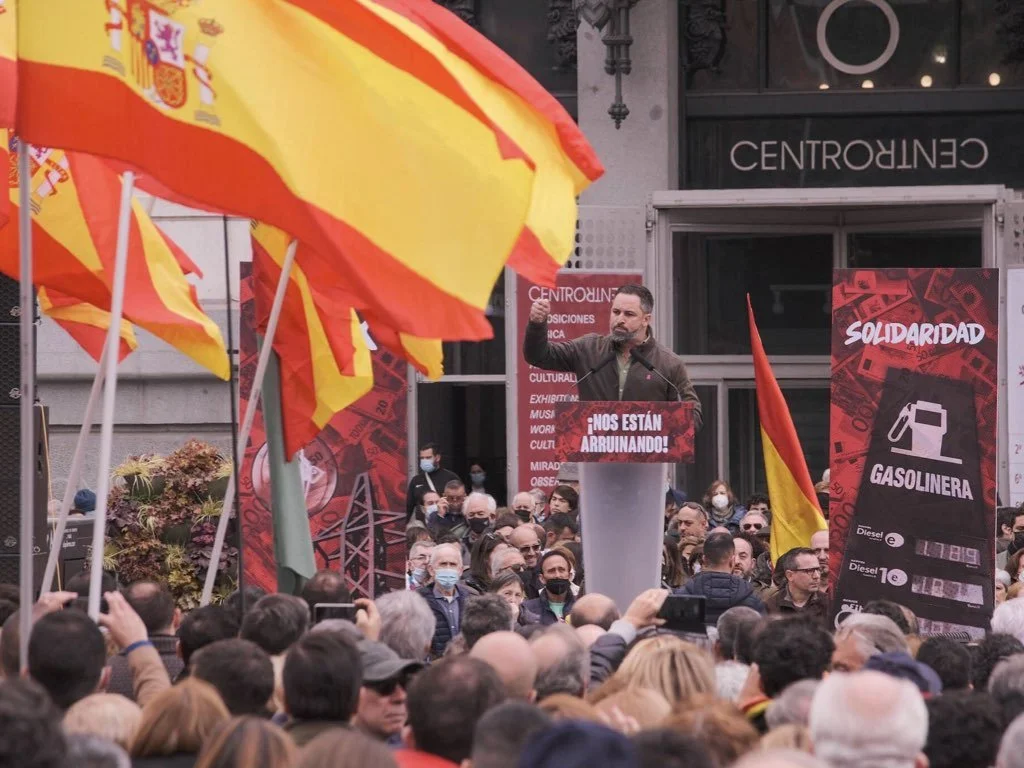Descent into protest – strike background
22 April 2022
Strike action in Spain over rising fuel prices has led to significant protests nationwide disrupting logistics routes, industrial areas, ports, and facilities. In some instances, protests have turned violent with trucks damaged and drivers threatened. The authorities have mobilised the National Police and Civil Guard to provide security escorts for convoys of trucks.
By Steve Bacot, LandRisk Manager
An indefinite nationwide strike by transport workers began in Spain on 14 March 2022 in response to rising fuel prices. Strike action included protests and picket lines on main logistics routes, industrial areas, ports, and other logistics facilities.
The strike was called for by the truck owners association called the Platform for the Defence of Transport but did not represent the majority of Spanish truck drivers. The strike action was not supported by Spain’s main transport trade unions nor its road haulage federations.
Strike impact
There were numerous incidents of violent activism at protest picket lines. This included;
· Blockades of ports
· Picket lines stopping trucks on logistics routes
· Protesters threatening and assaulting drivers who are continuing to work
· Stoning trucks from motorway overpasses
· Placing spikes and nails on roads to puncture truck tyres
· Slashing truck trailer curtains
· Unhitching truck trailers against the truck driver's will
· Ripping up roadway signage and using it to block transit routes
· Damaging and vandalising trucks
· Disrupting traffic in cities and on main logistics routes by driving slow moving convoys of trucks
Protesters included not only truck drivers and operators but tractor drivers, taxi drivers and other workers in the transport sector who had been impacted by the hike in fuel prices.
Government response
The Spanish government mobilised more than 23,000 police officers in response to the strike and to contain the violent incidents on 17 March 2022. The Police and Civil Guard provided security escorts for hundreds of trucks so that they could reach their destination safely. Police patrols were seen on media reports escorting trucks and deploying to key junctions where protesters were picketing.
During the period of the strike around 600 Police and Civil Guard escorts provided security for around 5,000 trucks. 40 people were also arrested for crimes of damage, injury, or road safety. The strike led to some factories halting production as they could not guarantee that deliveries would be received on time for manufacturing.
Government aid package
On 21 March the Spanish Government announced a EUR 500 million aid package for the transport sector including a subsidy for fuel for commercial use but did not remove tax on diesel. This did not satisfy the striking transport sector workers. The Spanish government then introduced another financial package on 25 March which included a EUR 16 billion package including a 20 cents reduction in price per litre of fuel.
When the package was announced the strike action did lose some momentum. Spain’s main haulier associations spoke of “practical normality” on the roads on 28 March. Spain’s Confederation of Freight Transport (CETM) concurred, stating that many more trucks were driving than in the previous days. However, the CETM did acknowledge that ongoing strike action continued in Galicia, Asturias, the Basque Country and Ciudad Real, where truck tyres continued to be punctured by protesters.
Suspension of strike action
The Platform for the Defence of the Road Transport Sector temporarily suspended their transport sector strike action on 02 April. A spokesperson for the group announced that the strike action was suspended but may resume if the group deems it appropriate. The spokesperson also reiterated that the strike would not be called off until the group's objectives had been met including a decree that transport services could not be hired for less than the cost for the operator to complete them.
TAPA EMEA Conference:
Join Steve Bacot on 7 June in Amsterdam
Our LandRisk Manager, Steve Bacot, will be one of the speakers at the TAPA EMEA Conference on the 7th of June. You can attend his presentation at 14:10 CEST. He will be discussing about the wide spectrum of threats currently facing logistics operators - and how to mitigate against them.

